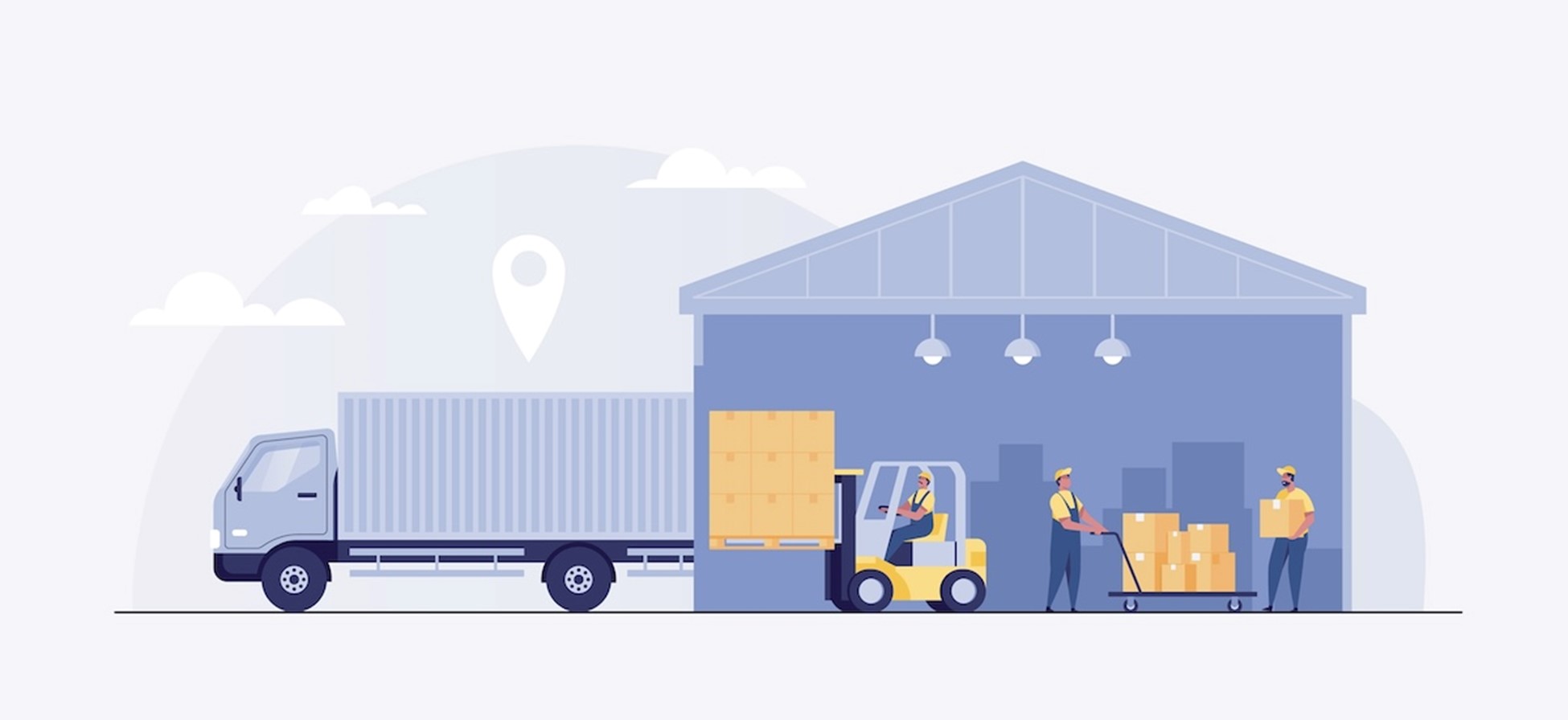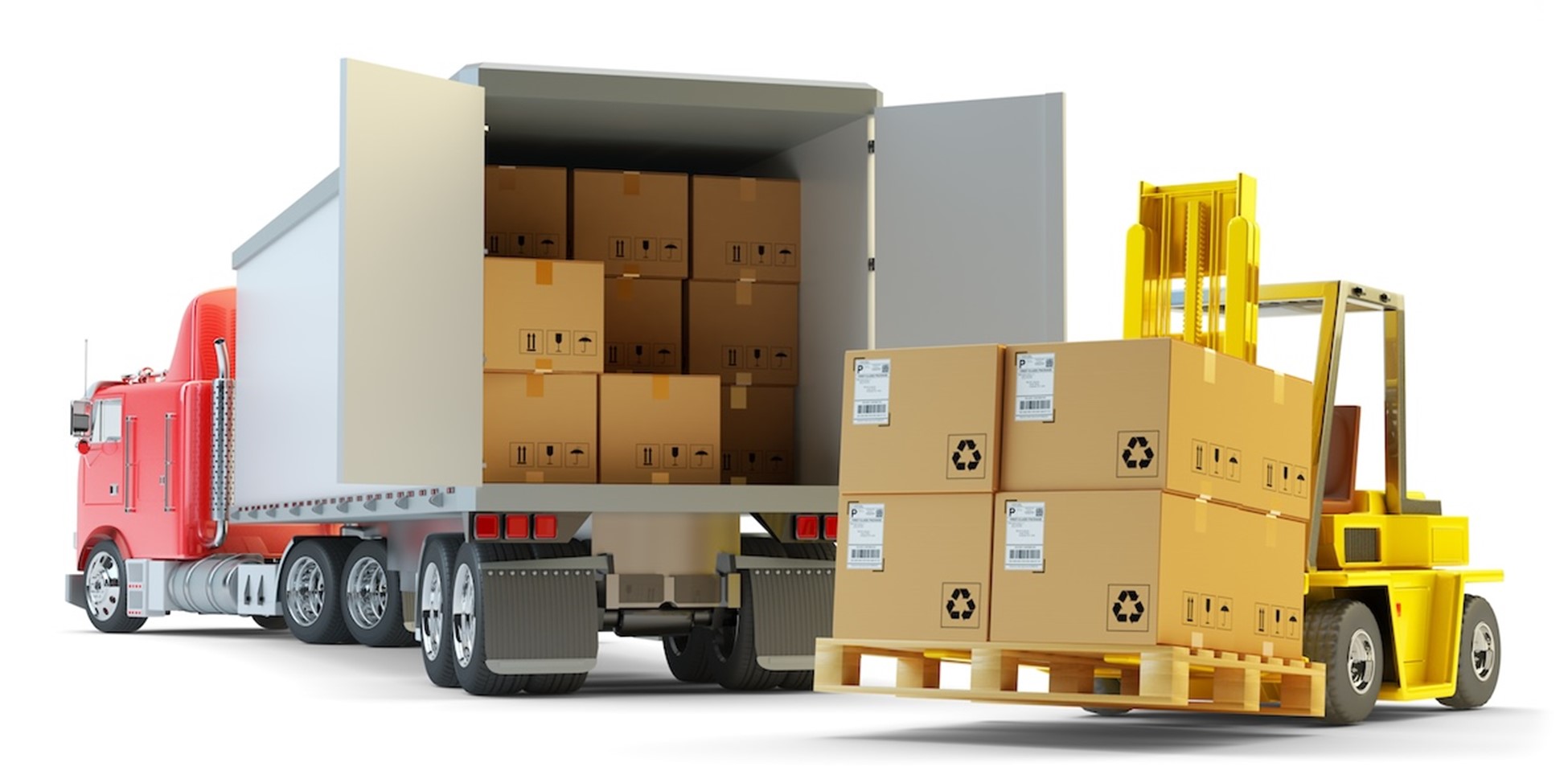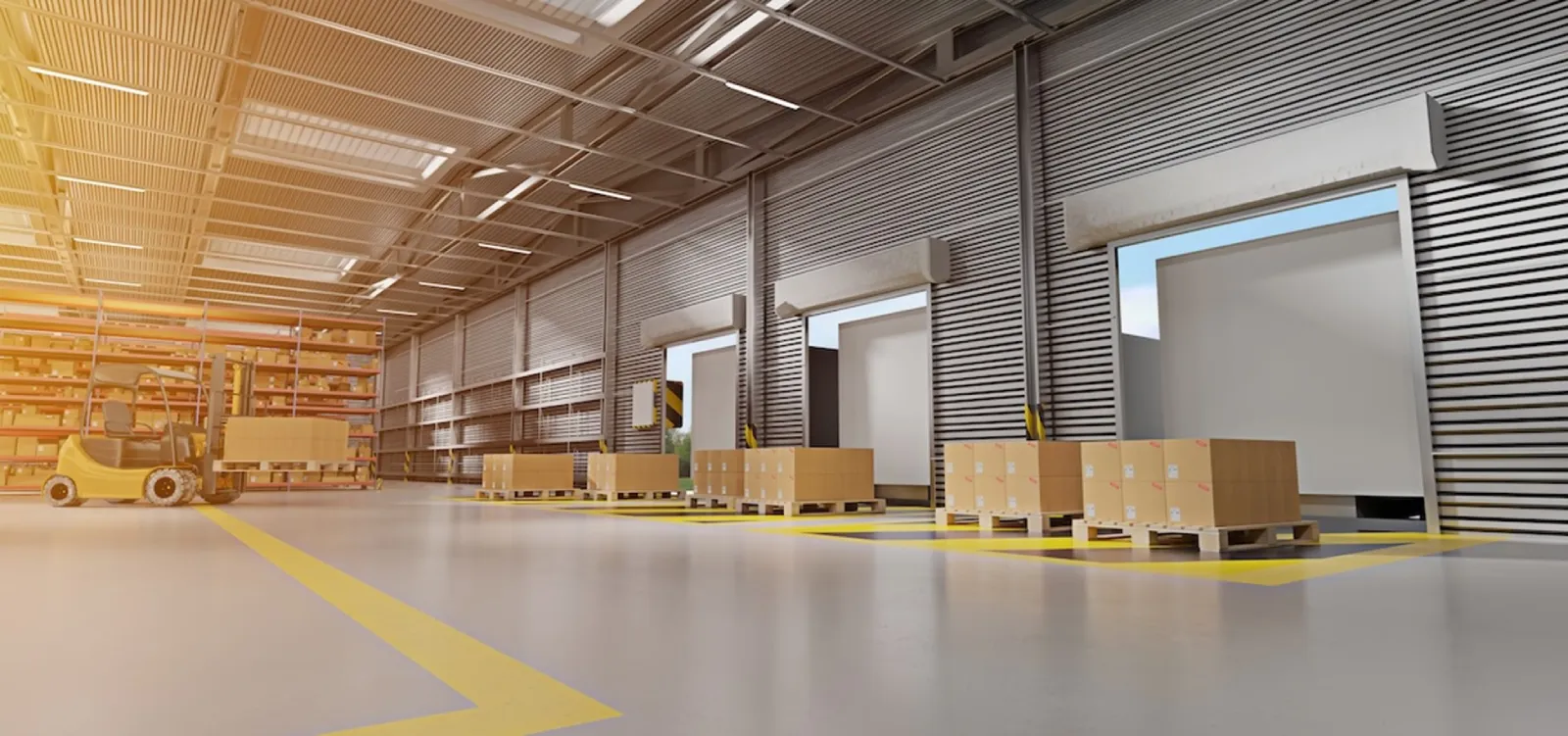SphereWMS Blog

Warehouse Shipping Process: Streamlining for Efficiency and Accuracy
April 18, 2024
|
11 minutes Reading time.
Optimizing your shipping process in warehouse operations isn’t just about moving boxes; it’s about precision, speed, and reliability. Every warehouse manager needs to know the most efficient ways to get...

Inventory Audits: A Comprehensive Guide to Best Practices and Tips
April 3, 2024
|
8 minutes Reading time.
Unlock the secrets to efficient inventory audits with our comprehensive guide. Inventory audits play a crucial role in ensuring the accuracy and efficiency of inventory management. By conducting regular audits,...

Streamlining Your Receiving Inventory Process for Enhanced Efficiency
March 26, 2024
|
9 minutes Reading time.
Streamlining your receiving inventory process is pivotal for maintaining accurate stock levels and optimizing warehouse efficiency. This article provides you with straightforward guidance on receiving inventory—from checking deliveries against purchase...

Efficient Warehouse Layout: Essential Strategies to Maximize Your Space
March 1, 2024
|
11 minutes Reading time.
Maximizing space and ensuring efficiency in your warehouse starts with a smart warehouse layout. This article zeroes in on essential layout strategies, from space-saving storage solutions to streamlined picking processes,...

Supply Chain Warehouse Optimization: Key Strategies for Efficiency
February 8, 2024
|
6 minutes Reading time.
Imagine a typical day in a supply chain warehouse: it's the peak of the business season, and the scene is one of controlled chaos. Aisles are bustling with activity, shelves...

Avoiding Common Pitfalls in Rapid WMS Implementations
December 27, 2023
|
5 minutes Reading time.
In the dynamic world of warehouse management, the race to stay ahead often hinges on the swift and effective implementation of a Warehouse Management System (WMS). In a previous post,...
Subscribe to Email For Updates
POST BY TOPIC
Menu
Ready to Learn More?
Cloud WMS Software

